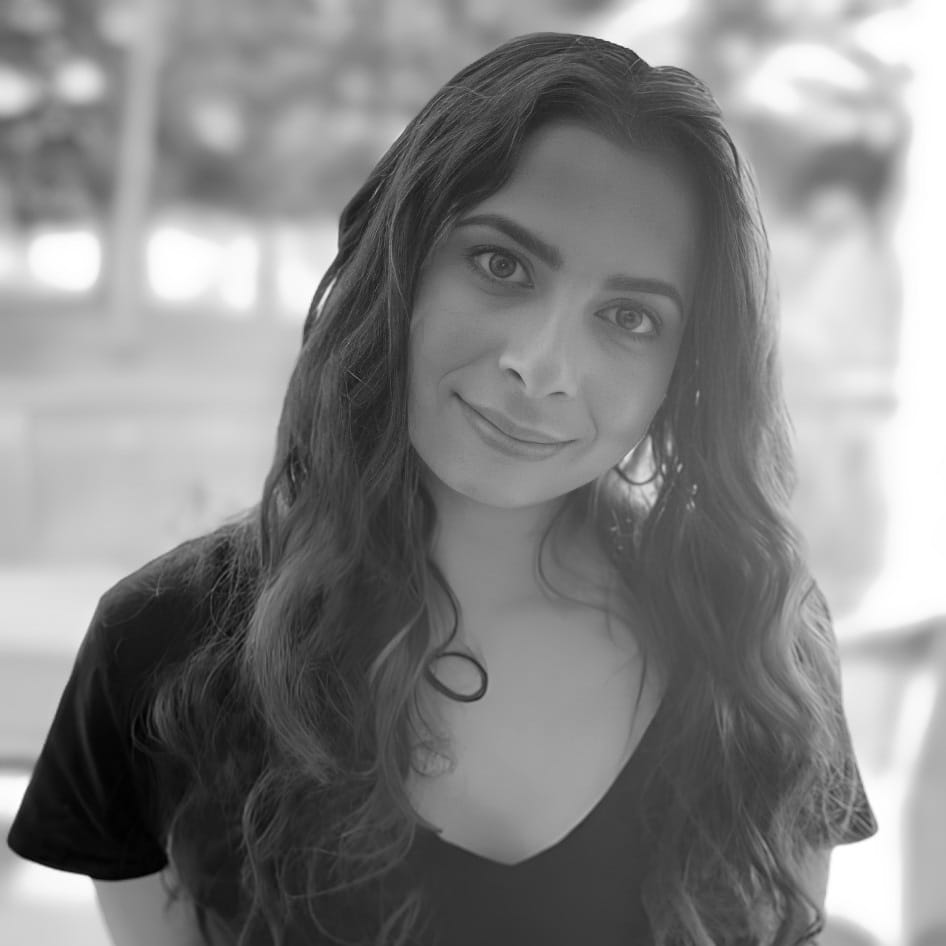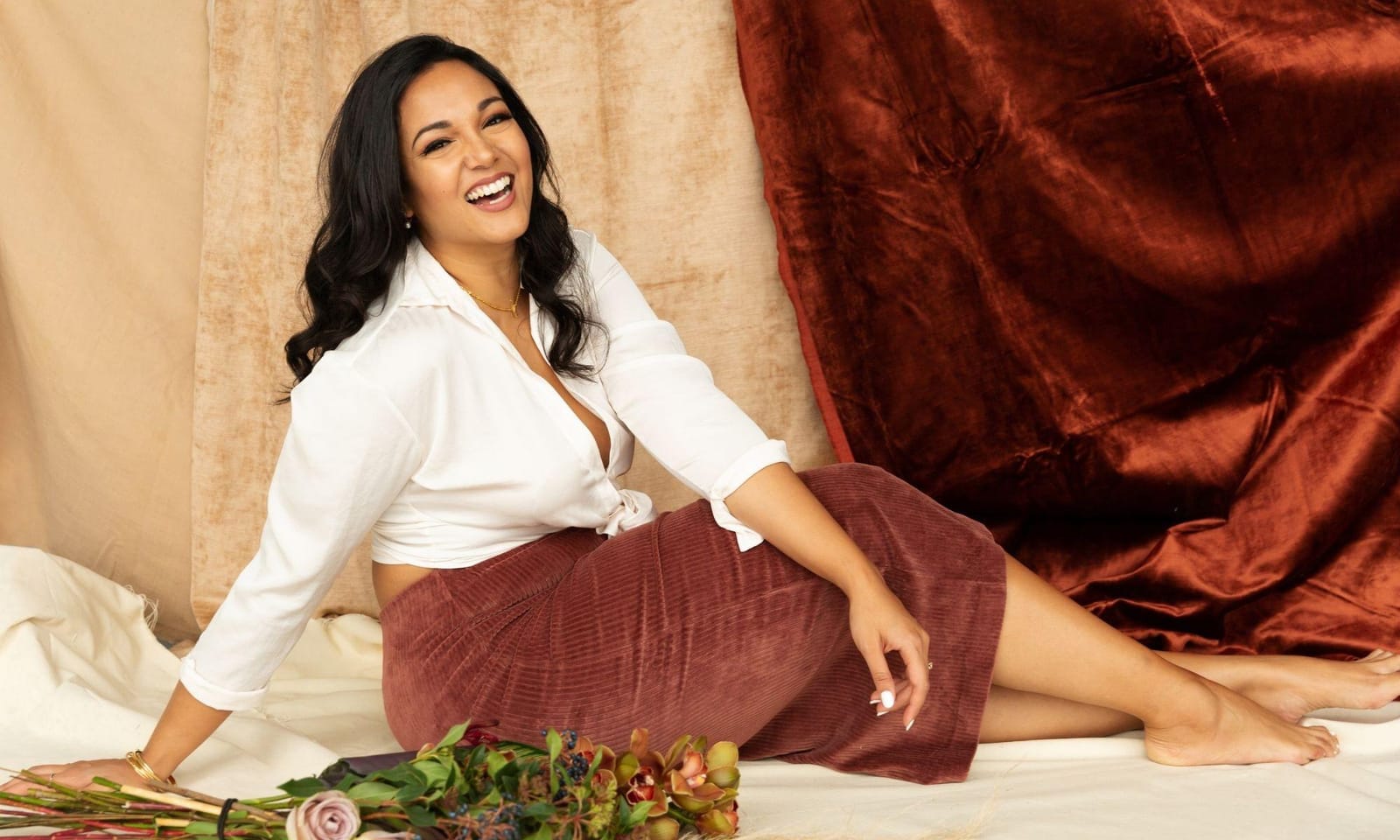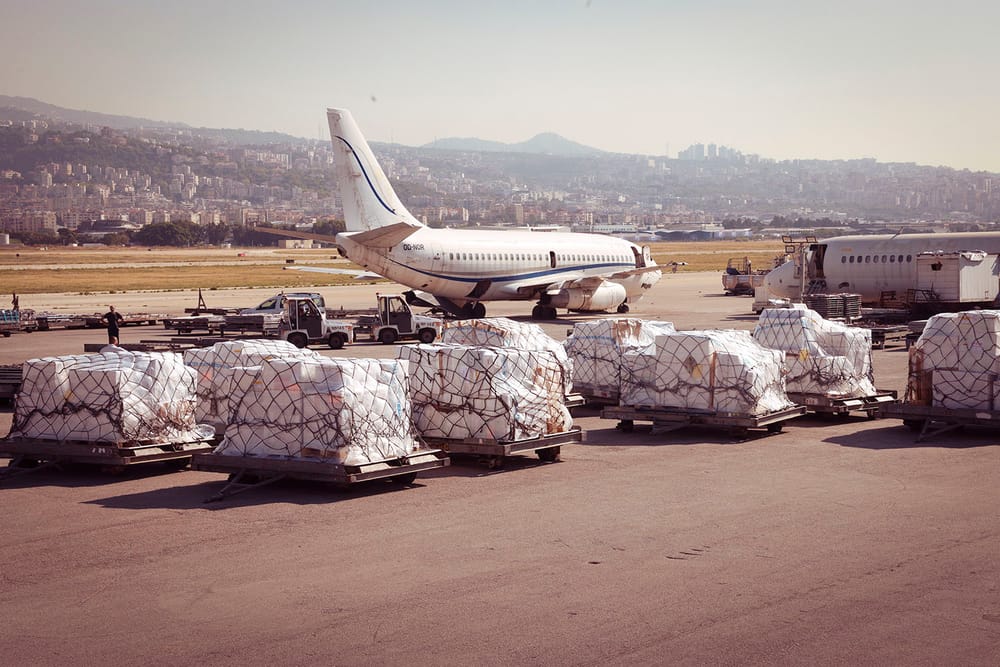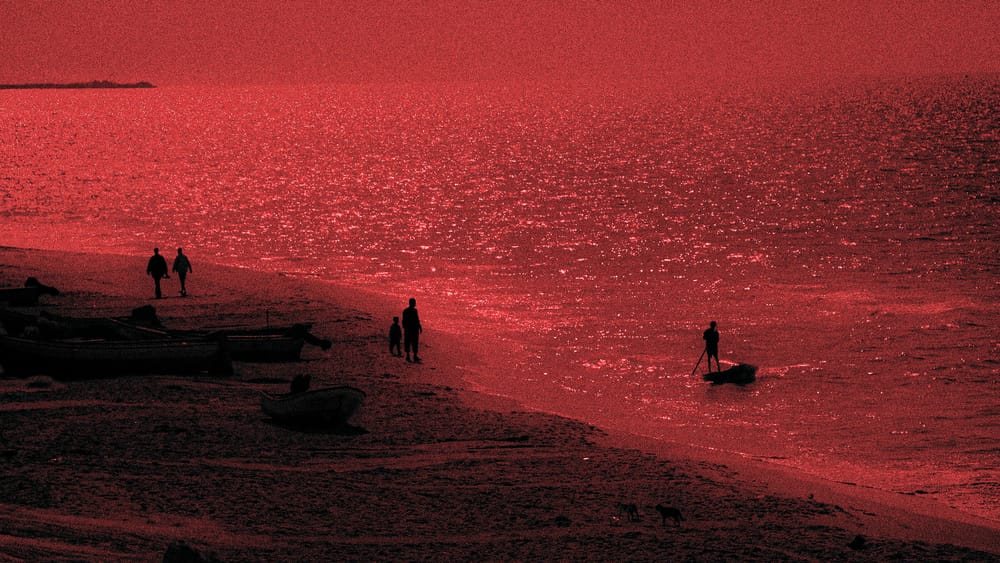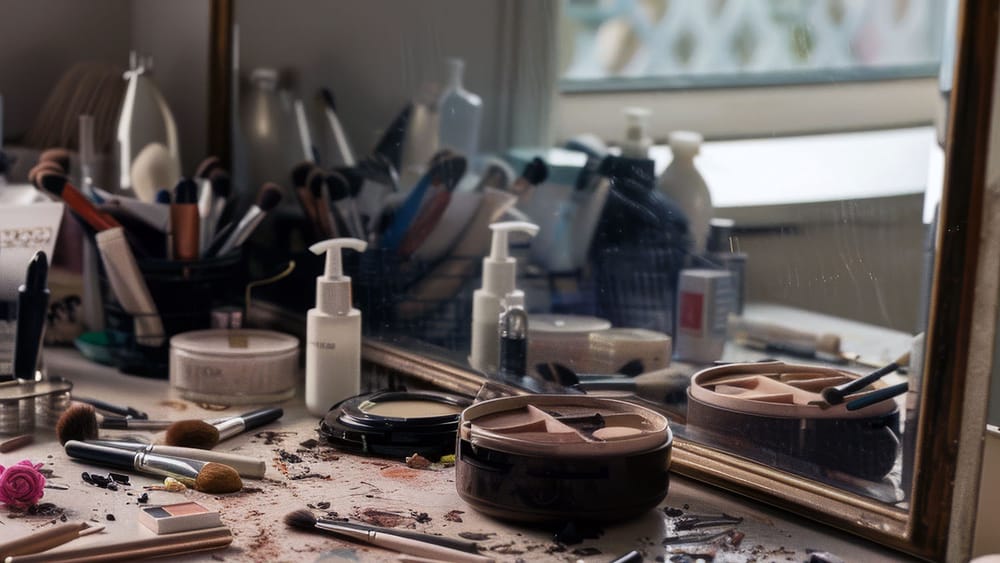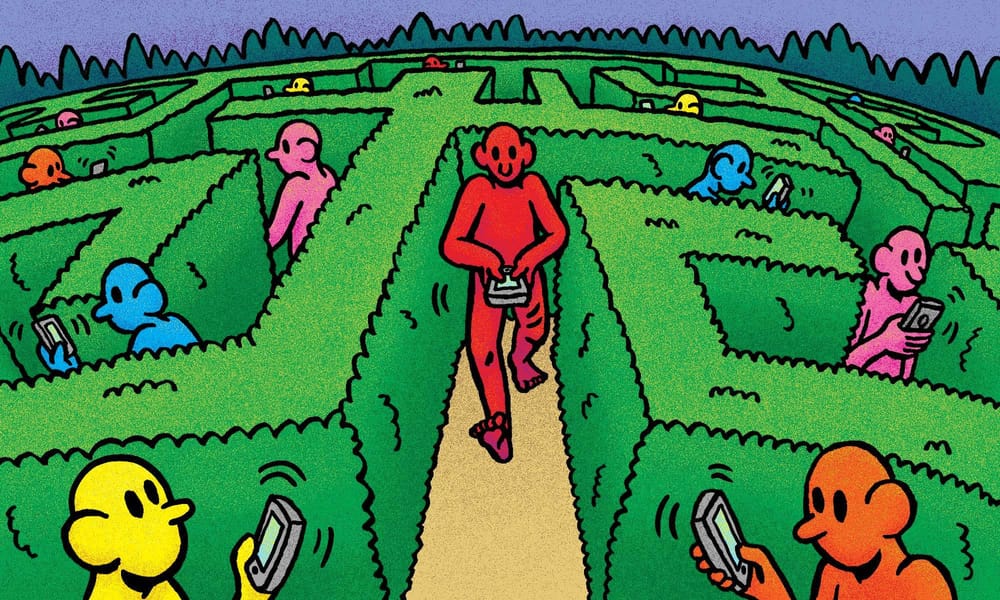In the face of the many seemingly unsolvable problems of the world, it takes courage, faith and determination to take on the role of a superhero. Colours of a Changemaker is a series of interviews with Black, Indigenous and People of Colour from around the world who are using their vocation to create social and environmental change. As Gandhi once said, we must be the change we want to see in the world, and these changemakers are doing just that through their art, music, written works, social platforms and much more.
Komal Minhas is a resilience educator, interviewer and angel investor who is passionate about helping people unleash their true potential by building resiliency. Instead of leaning on the tired, Eurocentric definition of resilience, Minhas' education is focused on reclaiming its meaning so that Black, Indigenous, and People of Colour (BIPOC) can thrive. She explains that historically, studies around resilience were run and completed by predominantly White institutions that were analysing marginalised peoples, and that even today the research around resilience comes from a mostly White perspective. This, she believes, presents an opportunity for BIPOC to reclaim their position within the resilience space and to create dialogue that is authentic and representative of their circumstances. In a systemically unjust world, where racialised communities question why they have to exist within structures that require them to be resilient in the first place, Minhas offers an alternative way forward and the refreshing idea that resiliency, once reclaimed, can be used as a powerful tool of resistance.
What does it mean to be resilient and why is resiliency important?
So the definition of resilience is somewhat narrow. It is usually what we think of the ability to bounce back quickly from adversity. But what I've come to realise is that for us to be truly resilient, we have to look at what is the safety net that supports us when we do fall and that helps us leap back up when we are ready. So that can include your relationship to your community, your family and friends in your life. It can look like your relationship to your wellbeing and the habits and routines you have in place to feel well and be well. Your connection to your heritage and your identity, and your belief in yourself that you can overcome and navigate hard things. There are so many facets that help us build our resiliency and that's what I love so much to teach.
What are some of the skills you teach in your resilience education course, The Next Right Step?
I teach programs and provide workshops and resources on how folks can build their resiliency. One of the ways that I do this is through my eight week coaching program, The Next Right Step. In The Next Right Step I teach folks a plethora of things, including my framework, 'the roots of resilience,' which are the six key areas of our lives that when we root into them and focus on them and create plans for them, we both flourish in life and work and also increase our resiliency. One of the things that I teach specifically is a concept called self efficacy, or our belief in ourselves that we can overcome difficult things. Now one of the key ways that we can improve our self efficacy is through something called verbal persuasion. So what does that mean? It means surrounding ourselves with supportive community, coaches, mentors, friends and family members who when we tell them our goals and dreams, remind us that we are capable, help us work through difficulty when it arises and essentially coach us verbally to remind us of who we are and why we can, in fact, achieve the goals we're setting out for ourselves. And who are willing to talk us through hard times when we might be facing them or when we might be doubting ourselves. So verbal persuasion and the other four key ways that we can build our self efficacy are an example of what I teach in The Next Right Step.
Tell us a little about the journey that led you to this point in your career and life. What were some of the challenges you were facing back then and how did you overcome them?
So I, like many of you who are probably watching this or reading this, have been through so much throughout my life. From being raised in a household that was full of difficulty because there was alcoholism present, to facing grief very early on in my life and navigating that through my teens and early twenties. To being diagnosed with a rare form of skin cancer in my mid twenties and then a neurological illness shortly thereafter and learning to recover from both of those things. Every time that something difficult happened, I learned more and more the positive tools and the ways in which I could persevere and move through those hard times. So when I became a resilience educator; when I realised that this is the work that I'm meant to do in the world, it happened because of my own lived experiences, and because there was so much missing when it came to the types of intersectional resources and communities I was looking for when I was in healing and recovery or just trying to make sense of life. And so I decided that I wanted to fill that gap and teach folks what I have come to learn through both research, lived experience, interviewing hundreds of people over the years about their own stories of rising and resiliency and put that all in one place for folks to learn from. That's how I became a resilience educator and an interviewer. Having to face so much adversity throughout my life and realising that supporting people in navigating adversity in theirs is one of the greatest services that I can offer.
You’ve spoken a lot about the importance of being rooted in one’s own culture and identity. This is especially difficult for BIPOC, having been taught to erase it most of our lives. Can you talk a little on this? What are some of the steps we can take to find our voice and embrace and use the strength in our heritage to build resilience?
For many Black, Indigenous, People of Colour, we have been taught to set certain parts of our identity and beings aside to thrive in predominantly North American, White structures. What we're coming to learn through the research is that the opposite is actually true. The more that we allow BIPOC folks to root into their culture, their heritage, their identity, their faith from an early age, and the more that is encouraged to flourish in a young person, the more resilient they become. The same thing is true about conversations about race and racism: the earlier that they are introduced for young, racialised kids, the more resilient they become. Because they don't become blindsided when they go out into the real world and face moments of racism. In fact, they're mentally prepared for them and perhaps have talked to their parents about how to respond in certain situations. So that actually enhances young people's resiliency and also our resiliency as adults as we learn to reclaim our identity and our heritage and to really embody those things in our workplaces and online and through the stories that we tell. Now this can be really difficult in some workplaces where it's not embraced, but sometimes that can be the line in the sand for folks to ask themselves, "Is this a workplace that is safe for me, or is it better for me to move on to somewhere else?" And then planning that bridge to move into a safer workplace.
I'd like to discuss a topic that has been shared by many in the BIPOC community, and one that I, too, have personally encountered. When BIPOC are in certain conversations or situations with predominantly White individuals, feelings of unworthiness or inferiority may arise, triggering a heightened nervous response. Can you provide advice for individuals going through this? How can we flourish in environments where we may not always feel secure?
For folks who might be feeling unsafe or unwelcome in certain spaces when it comes to workplaces or networking opportunities, or if perhaps there are some BIPOC folks who are uncomfortable in spaces that are predominantly White and are trying to navigate how to deal with those feelings that might come up of inferiority or of self doubt, there's a couple of things I would suggest. One of those things would be to bring someone with you that you feel safe with, who knows how powerful and incredible you are in your work life, who can be your wing person for that event or for that scenario. I think of this more in social and networking settings, it's not always possible, specifically in the workplace, unless you have built relationships with other BIPOC in the workplace and you can have this buddy system for certain situations in which you might be feeling a little bit uncomfortable, but having that anchor point in a person with you can help you to build the confidence or move through the uncertainty that you're feeling. Something that we also learn through the research is that "competence leads to confidence". This belief in ourselves that we belong in certain places comes from repeatedly putting ourselves in those uncomfortable situations. Which absolutely as BIPOC folks we shouldn't have to go out of our way to make ourselves uncomfortable, but if this is something that you're looking to improve in yourself and your capacity to show up in certain spaces, having that anchor point or someone with you and then going out of your comfort zone and doing your best to show up repeatedly and to continue to use your voice, to continue to speak to the things that you've succeeded in and accomplished in your working career and get used to taking up space in spaces where you might not feel comfortable doing that, is a really powerful act of reclaiming space and taking up space. Now it's not always going to feel like the safest option, so to navigate that on a case by case basis, but anchoring with someone, practising, continuing to show up and knowing that those feelings of self-doubt and inferiority are structurally built into how we were raised. It's not just on you to navigate this, but to let part of that ownership of that feeling of overwhelm, remember that racism is structural. Remember that these are things that are beyond just you as an individual and then lean into folks who are navigating similar things and share your story with others, and continue to talk about discomfort. As you continue to show up, what I hope is that you will feel that confidence grow and the 'no F's to give' start showing up because there will come a point where you enter a space and you feel fully rooted in who you are and could not care less about who's around you because you own your space, you own what you're excellent at, and you own that you are meant to be there.
The other thing I'd add here is to name. To name it to HR, to name it to the organisation itself or leadership. And again, that might not always feel safe, that might be putting your job at risk and if that's the case and if that's not something that you comfortably want to be navigating moving forward, then pulling back there. But if this is something that you want to bring light to, I encourage you to safely in the ways that you can, bring this to leadership and say, "I don't feel comfortable in these spaces, what can we do to improve that?" And to, not necessarily do the work for them, but flag it for them so that they can begin to do the work to make safer spaces in the work environment.
There has been some talk in recent times about the word resilience and the way in which it is used. Black and Indigenous people especially have said that they are tired of the word, of being "resilient" and that its use can be problematic. Additionally, what resilience looks like to Black, Indigenous or other racialised people is very different to what resilience might look like to White people. The word itself can disregard the systemic injustice and generational trauma that marginalised peoples face and carry on a daily basis. I feel that you’ve addressed that and overcome that through your work. The fact that you teach resilience rooted in culture is a form of resistance; it's an affirmation of identity; it’s powerful. Why was building this into your resilience education important to you? Were there experiences from your past that you drew on that you were trying to reconcile?
So I myself experienced gaslighting in the workplace and what I realised was there was a line in the feminist space that I was working in and I was on the side of White feminism and there wasn't space for me to fully be my South Asian, racialised, feminist self in the environment that I was in. When I realised that, I understood why I had felt like so many of my own personal experiences when it came to resiliency and overcoming adversity had not been valued in that environment and had been almost ignored or made to be invisible. When I realised that, I knew that things needed to be better in order for BIPOC folks to feel fully seen, heard and respected in workplaces. When it comes to the conversation around resiliency, we do hear a lot of BIPOC folks share that we don't want to have to be resilient, why is it that we have to exist within structures that require us to be resilient, structures that were built in order to oppress and in order to marginalise and the fact that we have to be resilient as BIPOC folks inherently is another form of oppression.
The roots of resilience, the actual root of some of the earliest studies on resiliency were done in Hawaii. It was a longitudinal study done over many years of a very racially diverse part of the population and so the literal heritage and the root of resiliency research are BIPOC bodies, are native Hawaiians and the Asian diaspora. The questions that came up were, "How are folks who are in such high risk situations when it came to alcoholism, teenage pregnancies, lack of education etcetera, able to thrive?" So basically the question was, "How have post colonial POCs thrived?" Those were the earliest studies on resiliency [laughs]. So when we are reclaiming the word, when we are ourselves embodying resiliency, when we take this knowledge that has been thrown into academia—again another White institution—and reclaim it ourselves and we say, "How do I apply what my communities have been analysed for for decades and centuries in some cases, and reclaim that knowledge now so that I can be anchored in my identity, anchored in my existence, anchored in my wellbeing and leap forward in life?" That is resistance to me. So reclaiming resiliency is a big part of my work and is so important for those of us in the BIPOC community who feel called to it and taking up space in the personal development world, because we see a lot of White folks in this space or Brown men, but not a lot of Brown women. So this is something that is really motivating to me, because we all deserve safe spaces to grow and thrive. Intersectional personal development, rooted in understanding why anti-racism is a baseline requirement [laughs], how structural racism and structural inequities and marginalisation directly impact our ability to feel well and feel like we deserve personal development and growth, or feel capable of it, how that's all intertwined, we need to have these conversations in the growth and personal development spaces. So reclaiming resiliency is a big motivator for me and is something that I think I'm excited to continue to share with folk about the fact that BIPOC communities, we are literally the reason resiliency is a concept that is studied in psychology.
What have you found to be some of the most recurrent challenges the people you educate face?
So what I've come to see in folks who come through my programs or who reach out to me is this line between work and wellbeing is a really blurred one. A lot of the time folks see wellness as a productivity hack, they meditate so they can perform better, or they take care of their bodies or exercise so they can be better at work. So a lot of what I help folks navigate is, how do you reclaim your wellness and wellbeing practices for you so that you can have a whole, fulfilled life, versus doing it because you think it's going to make you better at work. And also for folks since the pandemic hit, that line between work and life is so blurred. So helping folks makes sense of questions such as: Who am I outside of work? What is my identity beyond this? What does wholeness look like and mean to me? You'd be so shocked to see how with just a few weeks of focusing on wellness routines and habits and building that gap between work and life, how much more confident, rooted and powerful folks feel on the other side of that work.
How has your community responded to this education?
I've now had the opportunity to teach nearly one hundred folks through my programs, 'Your Best Year', and, 'The Next Right Step', and thousands of others through keynotes and with my online community. It's been deeply rewarding to see such a diverse group of humans come together, working on their personal growth and development, but also to feel so seen in their identity and the intersection of who they are. That's been the most rewarding part of all of this work. The response from the community has been immense. To be able to equip folks with tools that help them feel well and be well, and choose success on their own terms, redefine success on their own terms, and to be in a community around people who now share this language around the roots of resiliency, around intersectional personal development, it's been really rewarding to see that happen and to see their results come to life as well. Some of my former students have gone onto write books, to sell companies, to negotiate 200K increases in their salaries when they're transitioning from a terrible workplace to a new one, to starting creative endeavours, or starting their businesses finally, to just feeling like they can have hard conversations with their family members that they couldn't have imagined having before and understanding the intergenerational trauma that they're carrying and they're experiencing. So it's big work that we do [laughs] it's not light and easy brain fodder, but when people are really committed to do this, the results are really incredible.
Over the last few years, what would you say have been your greatest learnings?
So the biggest learning that I've had over the last few years is how important it is to create the spaces we wish existed in the world. That everyone deserves safe spaces to grow, heal, learn and develop. If you are called to create a community that is representative of your experience or the experience of groups of people that you belong to as part of your identities, do it. I have learned that waiting for someone else to isn't always the answer and perhaps supporting others who are working on the same mission that you have in your heart is the right approach, because not everyone has to be a creator, entrepreneur or maker. Just continue to cultivate and create spaces for people who are going through the same experiences as you, that has been one of my greatest learnings in the last few years.
You can follow Komal Minahs on Instagram here, and you can learn more about her work here.


